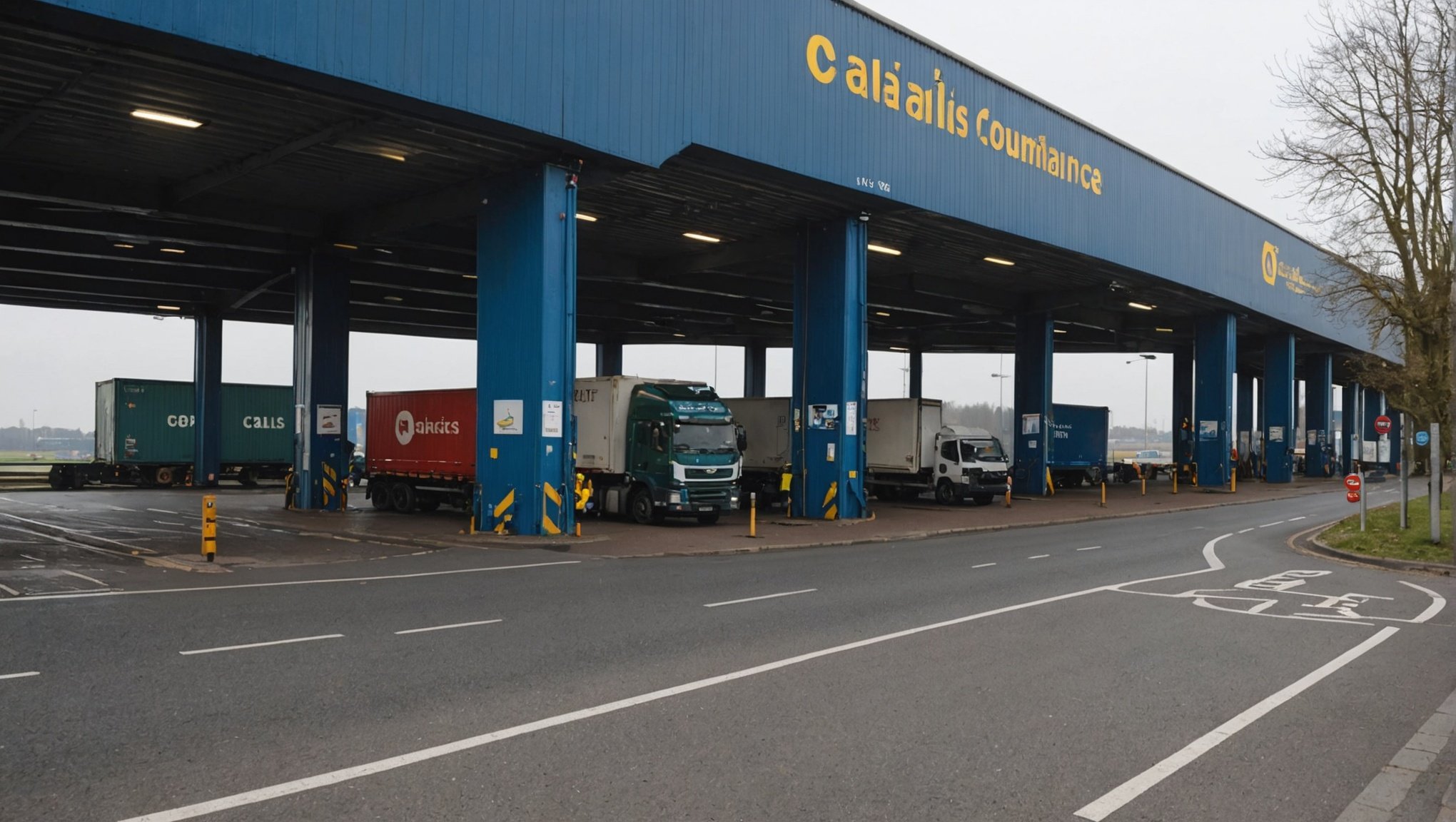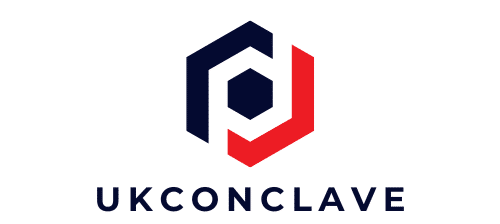Trading across calais border in customs compliance explained

Trading across the Calais border requires meticulous customs compliance. Traders must navigate regulatory requirements, complete mandatory customs declarations, and ensure proper documentation. Expert consultations and certifications further streamline the process. Understanding these essentials can mitigate delays and ensure seamless trade operations. Our guide explores these critical aspects to equip you with practical knowledge for compliant and efficient cross-border trade at Calais. Discover insights into import guidelines, export regulations, and overcoming Brexit's impact on customs procedures. Join us to master the nuances of Calais customs compliance.
Calais border customs compliance
Navigating customs compliance for traders at the Calais border requires a deep understanding of regulatory requirements and meticulous management of customs documentation. Companies must adhere to strict customs regulations to ensure smooth cross-border commerce.
A découvrir également : How Can English Vineyards Use Climate Data to Improve Grape Quality and Yields?
Regulatory requirements for customs compliance
Businesses must familiarize themselves with the regulatory landscape to ensure compliance. This includes understanding the mandatory customs declarations necessary for all import and export activities. A comprehensive 54-field declaration form must be completed to calculate duties, taxes, and for security purposes.
Mandatory customs declarations and documentation
Every type of merchandise, such as live animals, food products, and vehicles, requires specific documentation. For instance, importing live animals necessitates veterinary checks at designated inspection points. Similarly, food products must comply with sanitary regulations, including mandatory entry summary declarations (ENS). Vehicles and equipment imported into Calais need detailed technical specifications and compliance with safety standards. For more information, visit https://www.asalinks.eu/.
A lire également : Top resource planning software to elevate your team in 2024
Expert consultations and certifications for seamless trade
To navigate these complexities, businesses can benefit from expert consultations and certifications. Certified Opérateur Économique Agréé (AEO) entities like ASA Links offer tailored customs services, ensuring seamless trade through their deep local knowledge and expertise in Calais duty regulations. These experts help businesses minimize costs and delays by ensuring accurate and timely documentation, demonstrating best practices in cross-border trade.
Ensuring compliance with Calais customs procedures is essential for operational efficiency and avoiding costly delays. By adhering to regulatory requirements, managing precise documentation, and seeking expert consultations, businesses can streamline their cross-border trade operations effectively.
Key challenges in cross-border trade
Navigating cross-border trade in Calais comes with several key challenges that businesses must address to ensure compliance and efficiency. One of the most significant hurdles is adapting to regulatory changes. With regulations evolving frequently, staying updated is crucial for smooth operations. This is particularly relevant in the context of Brexit, which has introduced new customs, sanitary, and phytosanitary controls between the UK and the EU.
Navigating regulatory changes
The impact of Brexit on customs procedures has been profound. Businesses now face mandatory customs declarations for all goods, increasing the complexity of cross-border trade. The introduction of new Border Control Points (PCFs) at Calais and Dunkerque aims to facilitate compliance, ensuring the quality and conformity of goods. However, this also means businesses must be meticulous in their customs clearance Calais processes to avoid delays and additional costs.
Specific documentation for different types of merchandise
Different types of merchandise require specific documentation due to varying import guidelines and export regulations. For example, importing live animals necessitates veterinary checks, while food products must comply with sanitary regulations, including mandatory entry summary declarations (ENS). Vehicles and equipment imported into Calais need detailed technical specifications and compliance with safety standards. This specificity in documentation is essential for smooth customs clearance and to prevent any operational hiccups.
Impact of Brexit on customs procedures
Post-Brexit, the reinstatement of customs controls has made it imperative for businesses to submit detailed forms for each operation. This includes the comprehensive 54-field declaration form necessary for calculating duties, taxes, and for security purposes. The increased complexity and cost of cross-border trade require businesses to be diligent in their documentation and compliance efforts. Certified entities like ASA Links can offer tailored services to navigate these challenges effectively, ensuring seamless trade through their expertise in Calais duty regulations.
Expert tips for efficient trading across Calais border
Navigating Calais trade rules efficiently requires meticulous attention to detail, especially when completing import/export declarations. Ensuring these declarations are accurate is crucial for smooth cross-border shipments. Businesses must file a comprehensive 54-field declaration form, which is essential for calculating duties, taxes, and ensuring security.
New border control points (PCFs)
The introduction of new Border Control Points (PCFs) at Calais and Dunkerque aims to streamline compliance processes. These points facilitate the inspection and approval of goods, ensuring they meet compliance requirements Calais border regulations. This development is particularly important post-Brexit, where new customs, sanitary, and phytosanitary controls have been implemented.
Tailored customs services from ASA Links
Certified entities like ASA Links offer tailored customs services, leveraging their deep local knowledge and expertise. As a certified Opérateur Économique Agréé (AEO), ASA Links ensures seamless trade by minimizing costs and delays through accurate and timely documentation. Businesses can benefit significantly from their services to navigate the complexities of Calais border regulations.
